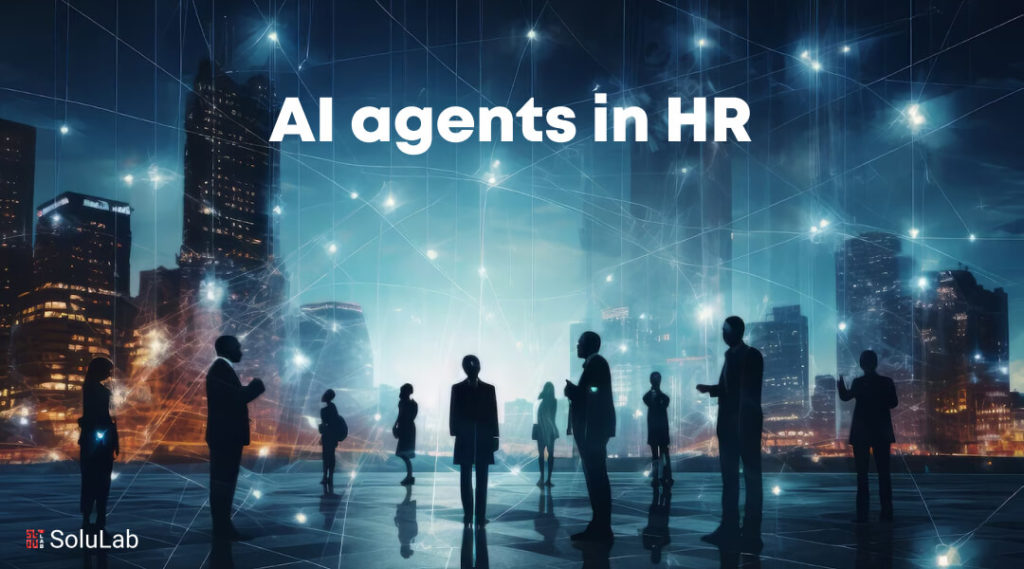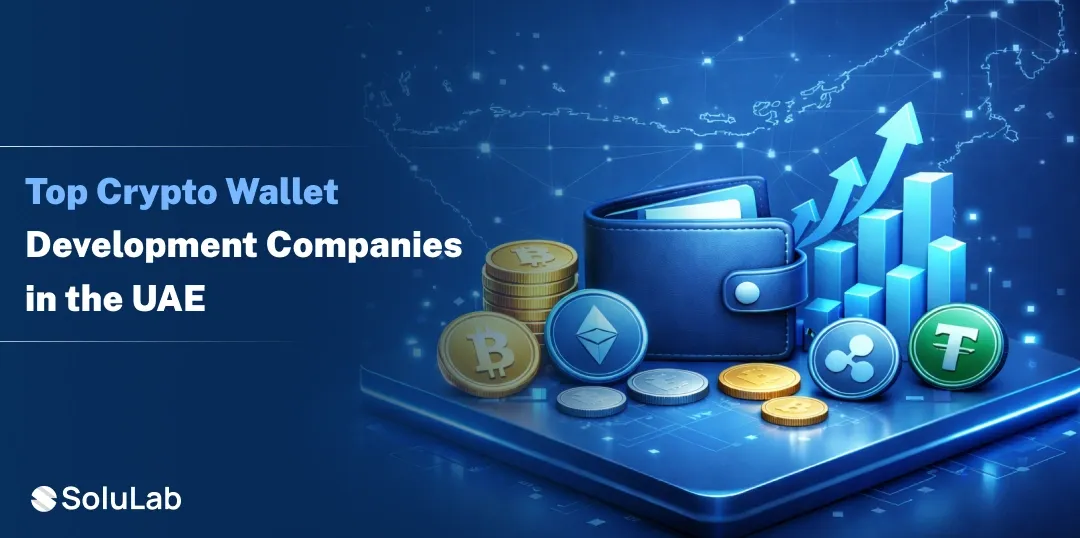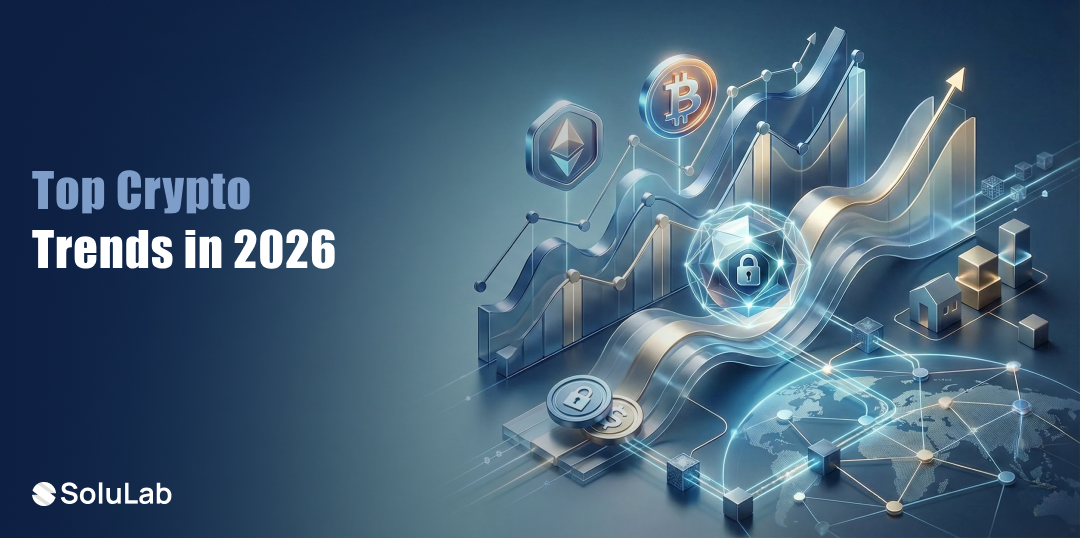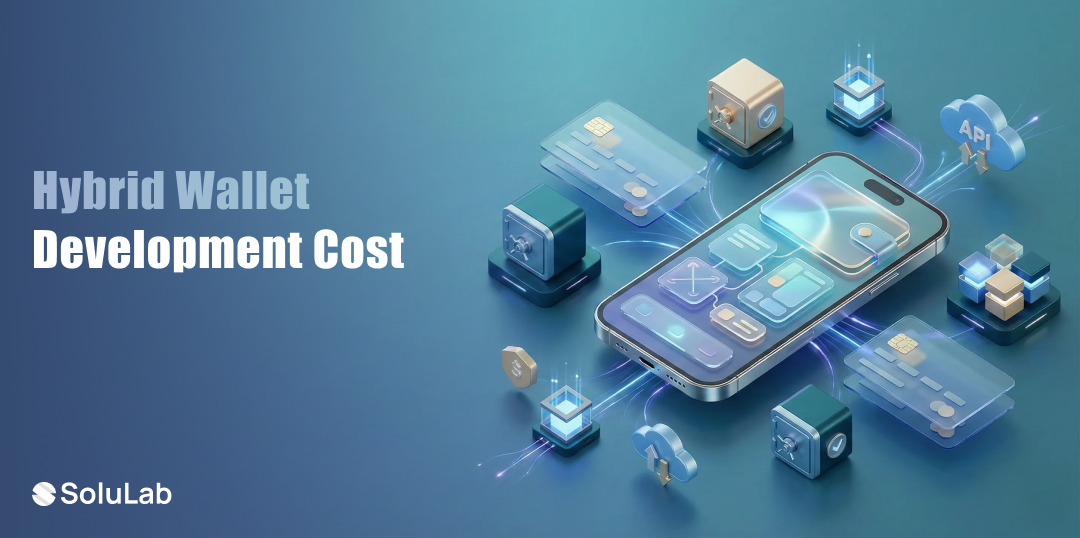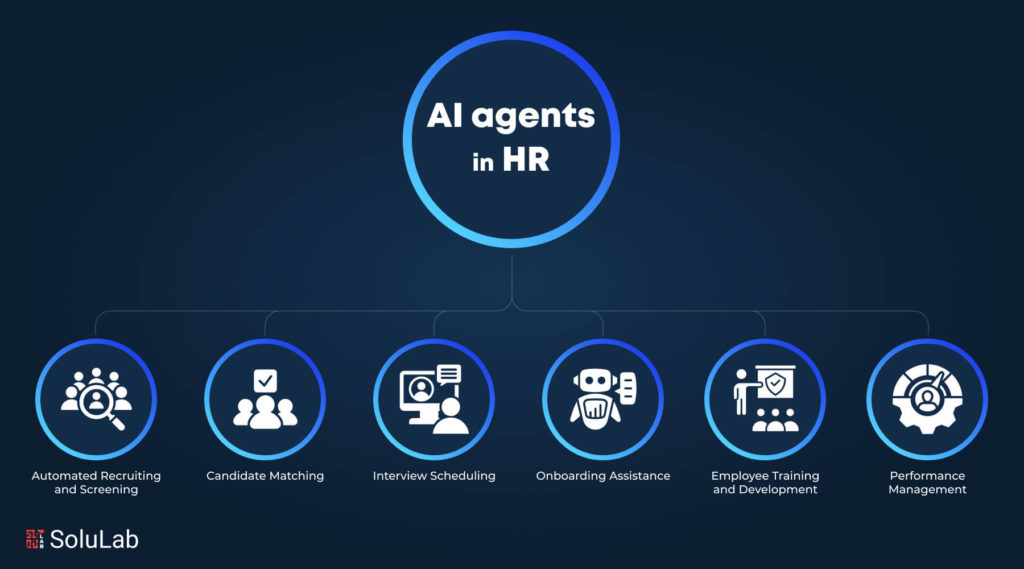
HR departments manage multiple aspects of administrative workloads, recruitment, onboarding, and employee engagement. Traditional HR processes often have inefficiencies, delays, and inconsistencies, which frustrate employees. These challenges can lower HR team productivity, turnover, and strategic focus.
AI agents are efficient enough with powerful AI technologies to improve these HR processes. The smart tools automate everything, freeing HR personnel to focus on strategic projects. Even the AI agents analyze massive datasets to deliver meaningful insights, enabling proactive decision-making that boosts organizational growth.
| Almost 60% of HR professional departments employed AI in 2024 to help managers give employees more detailed and meaningful feedback. |
This article discusses how AI agents help HR teams streamline processes, make educated decisions, and build an agile, engaged, and productive workforce.
What are AI Agents for HR?
AI agents for HR are intelligent software solutions powered by artificial intelligence and machine learning, designed to streamline and optimize various human resource functions. These agents make use of automation, natural language processing (NLP), and data analytics to enhance efficiency in talent acquisition, employee engagement, performance management, and workforce planning.
These smart assistants can independently perform tasks, interact with candidates and employees in real time, and continuously learn from data to improve decision-making. They assist HR professionals by automating repetitive tasks, reducing manual effort, and providing data-driven insights that help organizations make informed workforce decisions.
How AI Agents Are Transforming HR Operations?
AI human resources programs are created especially to help with a variety of tasks in this field and are known as AI agents in HR. These AI agents improve HR processes by utilizing machine learning, natural language processing (NLP), and other AI approaches. The primary roles of AI Agents in HR are:
-
Data Gathering and Analysis
HR AI agents are particularly good at collecting, organizing, and combining data from a variety of sources, including personnel databases, application tracking systems, performance indicators, and employee feedback surveys. As advanced analysts, they go beyond data processing and use machine learning algorithms to produce predictions, predictive insights, and strategic suggestions that are essential for HR decision-making. The agents make use of extensive data sets to get insight into the habits, preferences, and trends of employees. This helps HR teams make well-informed decisions that improve employee happiness and workforce management.
-
Automation and Optimization of Processes
A vast array of complicated and commonplace HR procedures is automated and optimized by AI agents. By effectively managing exceptions, mistakes, and anomalies, they simplify processes like payroll processing, employee onboarding, training management, and compliance reporting. These agents increase system accuracy and efficiency via ongoing learning and adaptation, freeing up HR experts to concentrate on strategic projects like workforce transformation, corporate culture improvement, and talent development.
-
Making and Carrying Out Decisions
By evaluating data to assist important HR choices, AI agents act as sophisticated decision-makers in the HR domain. They support the planning of budgets, workforces, performance management, and succession plans, guaranteeing that choices are supported by data-driven insights and in line with company objectives. Furthermore, AI agents foster responsibility and confidence within the HR department by offering clear justifications for their suggestions and actions.
-
Working Together and Communicating
AI agents make it easier for HR teams, departments, and outside stakeholders to collaborate and communicate easily. By acting as centralized hubs for project management and information sharing, these agents improve teamwork by making sure all parties involved are aware of and supportive of HR objectives and policies. By offering individualized support, responding to HR-related questions, and even helping HR teams navigate global hiring choices with tools like Columbus, conversational AI agents improve employee satisfaction and communication effectiveness
Top Use Cases of AI Agents in HR You Should Know
By streamlining decision-making procedures, increasing employee engagement, and automating monotonous chores, AI agents have the potential to completely change HR operations. The following are some of the key AI Agents’ use cases specific to Human Resource management:
| Use Case | Function | Key Benefit |
| Automated Recruiting | Screens resumes and shortlists candidates. | Faster, unbiased hiring. |
| Candidate Matching | Matches profiles with job requirements. | Better hires, higher retention. |
| Interview Scheduling | Automates interview coordination. | Saves time, reduces admin work. |
| Onboarding Assistance | Guides new hires, answers queries. | Smooth onboarding, higher engagement. |
| Training & Development | Recommends personalized learning. | Supports career growth. |
| Performance Management | Analyzes and improves performance. | Objective feedback, better productivity. |
| Employee Engagement | Conducts surveys, analyzes feedback. | Boosts satisfaction, reduces turnover. |
| Retention Analytics | Predicts attrition risks. | Helps retain top talent. |
| Payroll & Benefits | Automates payroll and benefits processing. | Error-free, timely payments. |
| Compliance Management | Monitors legal and policy compliance. | Reduces legal risks. |
| Employee Self-Service | Enables access to HR services. | Reduces HR workload. |
| Succession Planning | Identifies future leaders. | Ensures leadership continuity. |
Advantages of AI Agents in HR
An AI agent for human resources (HR) significantly improves employee experiences and changes workforce management for firms in several ways. These AI Agents’ benefits in HR include:
1. Productivity and Efficiency: AI agents free up HR experts to work on higher-value and strategic projects by automating routine chores like monitoring personnel data, arranging interviews, and reviewing resumes. This effectiveness lowers the administrative load and boosts the HR department’s general output.
2. Better Decision-making: AI systems examine vast amounts of HR data to produce predictive analytics and actionable insights. These agents assist HR teams in making well-informed decisions about hiring, performance management, employee development, and retention initiatives by finding trends, patterns, and connections in employee data.
3. Improved Employee Experience: Human resource AI agent responds to questions regarding benefits, regulations, training opportunities, and career development in a personalized manner, enhancing the employee experience. This tailored strategy successfully satisfies individual requirements and preferences, increasing employee engagement and satisfaction.
4. Savings: Agents AI lower operating expenses related to HR activities by automating jobs and streamlining procedures. Companies using AI in HR report cost savings of up to 25% on HR operations. This is largely due to the reduction in manual work and increased efficiency provided by AI systems. Over time, they reduce mistakes, increase regulatory compliance, and optimize operations, which saves money and boosts operational efficiency.
5. Scalability and Adaptability: AI agents are solutions that can be scaled to meet changing workforce dynamics and organizational demands. They can also manage a variety of workloads. AI agents offer flexibility and agility to fulfill company expectations, whether it’s increasing recruiting efforts or handling seasonal variations in HR duties.
6. Compliance and Risk Management: AI agents are responsible for ensuring adherence to HR standards and managing risks related to data handling and employee interactions. They minimize legal risks and preserve corporate integrity by keeping an eye on compliance-related concerns, pointing out irregularities, and upholding confidentiality rules.
7. Continuous Learning and Improvement: Over time, AI for HR professionals agents pick up new skills via interactions and data inputs, which helps them become more accurate and efficient in providing HR services. These bots learn to better anticipate employee demands and constantly refine HR procedures thanks to machine learning algorithms.
8. Assistance for Strategic HR Initiatives: AI agents assist with strategic HR activities, including talent acquisition plans, workforce planning, diversity and inclusion initiatives, and succession planning. HR directors may successfully match company objectives with human capital strategies by receiving data-driven insights and suggestions.
AI agents in HR boost employee happiness, increase operational effectiveness, strengthen decision-making skills, and assist strategic HR efforts, all of which are crucial to an organization’s performance and ability to compete in the digital era.
Future Trends in AI Agents for the HR Industry
1. Automated Recruitment & Screening – AI will improve hiring by analyzing resumes, assessing skills, and shortlisting candidates based on job requirements, reducing human bias and improving efficiency.
2. AI-Powered Employee Engagement – Virtual HR assistants will provide personalized career guidance, mental health support, and real-time feedback, enhancing workplace satisfaction and productivity.
3. Predictive Workforce Analytics – AI will analyze employee data to predict attrition, performance trends, and future hiring needs, helping HR teams make data-driven decisions.
4. AI-Driven Learning & Development – Personalized learning programs powered by AI will adapt to employees’ strengths and weaknesses, enhancing skill development and career growth.
5. Chatbots for Employee Support – AI-powered HR chatbots will handle routine queries, such as leave policies and payroll information, offering 24/7 assistance and reducing administrative workload.
6. Advanced Performance Management – AI will provide real-time insights into employee performance, enabling HR to design customized improvement plans and reward high achievers effectively.
Conclusion
HR departments may successfully address current difficulties and anticipate future labor demands by using AI’s data analysis, automation, and predictive insights. AI agents’ involvement in HR will rise, creating a more flexible, engaged, and efficient staff.
AI agents ease HR administrative procedures like hiring, initial integration, and performance monitoring, freeing up HR experts to work on strategic initiatives that boost organizational growth.
A tech-driven client sought to change job searching through AI. SoluLab built a smart recruitment platform integrating AI-powered job matching, resume optimization, interview preparation, and networking tools. The result? 45% faster placements, 65% improved job matches, and a 5x increase in interview calls.
SoluLab, an AI Agent development company, helps businesses overcome these obstacles. Our team of expert AI developers specializes in creating custom AI solutions tailored to your specific needs and security.
FAQs
1. How can AI agents improve the HR recruiting process?
AI agents can streamline the recruiting process by automating resume screening, matching candidate profiles with job descriptions, and scheduling interviews. This reduces the administrative burden on HR staff, accelerates the hiring process, and ensures that the best candidates are identified quickly and efficiently.
2. What are the benefits of using AI for employee performance management?
AI agents can continuously monitor and analyze employee performance data, providing objective insights and personalized recommendations for improvement. This allows managers to make data-driven decisions, offer targeted feedback, and create effective development plans, ultimately enhancing employee productivity and satisfaction.
3. What challenges might organizations face when implementing AI in HR?
Organizations may encounter challenges such as ensuring data privacy, integrating AI systems with existing HR platforms, and preventing bias in AI-driven decisions. Addressing these issues requires careful planning, robust security measures, and continuous monitoring to maintain fairness and compliance.
4. How does SoluLab support businesses in adopting AI for HR functions?
SoluLab offers comprehensive AI consulting services, including custom AI solutions tailored to specific HR needs. Our expert AI developers ensure seamless integration, strong security, and adherence to best practices, helping businesses overcome implementation challenges and fully leverage AI’s capabilities in HR.
5. Why should I consider hiring AI developers from SoluLab?
Hiring AI developers from SoluLab ensures that you have access to a team of skilled professionals with extensive experience in AI and HR technologies. Our developers can create tailored solutions that address your unique business requirements, providing you with a competitive edge and driving innovation in your HR processes.


